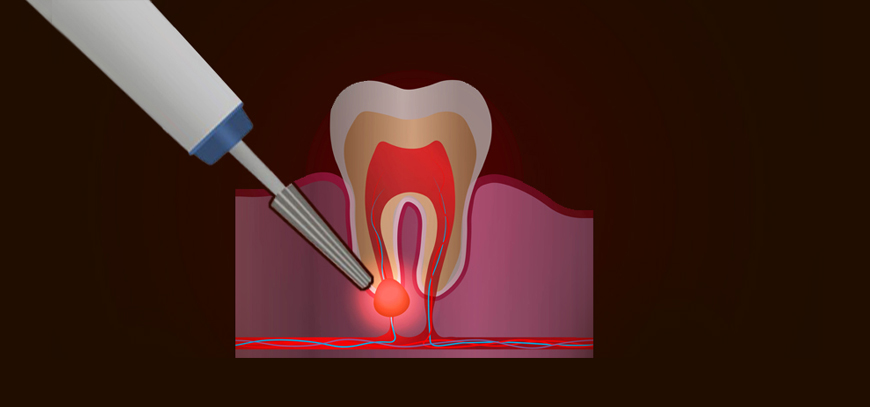Dental Cyst Removal
WHAT IS AN ORAL CYST
An oral cyst is a type of small growth that can occur in the mouth. It’s a small fluid-filled sac that feels like a small bump. These oral cysts are also known as mucoceles or mucous cysts. In most cases, oral cysts may feel odd, but they are harmless.
Oral cysts are most common on the insides of the lips, but it’s also possible for oral cysts to form on the insides of your cheeks, your tongue, your palate, the floor of your mouth, and around any oral piercings that may be present.
Dental Cyst And Infection Causes
Dental cysts begin to form at the tip of the roots of a dead or dying tooth. They can develop due to the following reasons:
- Because of the improper way teeth have grown and positioned themselves in the mouth
- Because of the abnormal way a tooth has developed.
- A root canal that has failed naturally or as a result of a botched procedure
- Because of a genetic syndrome (Gorlin’s syndrome), if this is the case, there will be other symptoms involved
- Cysts can form around the crowns (and roots) of buried teeth
- Wisdom teeth that are impacted (buried)are common causes of cysts
Dental cysts can form at any of your teeth and, they only occur one at a time. However, some people are more susceptible to them than others. Your family dentist should be able to explain to you in detail the cause of your specific cyst.
What Problems Can Dental Cysts Cause?
Dental cysts may cause these problems:
- Pain, swelling due to infection
- Weakening of the jawbone from the expansion of the cyst
- Migration of teeth that are being pushed aside by the growing cyst
- Breathing and sleep problems related to sinus issues.
Symptomless dental cysts can remain undetected for months or years.
How To Know If YOU Have A Dental Cyst?
A small dental cyst developing inside the jawbone may be visible on an X-ray. Larger cysts may cause a firm facial swelling to appear. Your teeth may also start migrating rapidly in the area affected by the cyst.
Confirmation of the cyst diagnosis is done from a tissue sample (biopsy) taken during surgical removal of the lesion. Other tumors may resemble cysts but, the treatments are very different. Periodic dental x-rays are essential for the identification of dental cysts and other bony abnormalities.
How Are Dental Cysts Treated?
There are two ways to treat a dental cyst:
- Surgical Removal : To remove all types of cysts or tumors.
- Endodontic Therapy –: Performed in conjunction with surgical removal of the cyst is associated with an infected root canal.
Treating An Oral Cyst At Home
The best way to deal with an oral cyst is to leave it be and practice proper oral hygiene, brushing after every meal and flossing at least once a night. These cysts safely rupture on their own, causing no serious side effects or complications.
Do not attempt to lance or rupture the cyst on your own. It could lead to unintended injury or even severe infection. Better to be safe than sorry.
How Can I Prevent Dental Cysts From Forming?
Teeth that are alive will rarely have cysts develop next to them. If the nerves in a tooth die (as a result of an infection or trauma), get professional treatment to stop it from becoming a source of infection. Do not stimulate the tissues next to the root to form a cyst (or an abscess). It is important to visit a dentist to avoid and get dental cysts treated.
Book An Appointment → Ask Questions →


